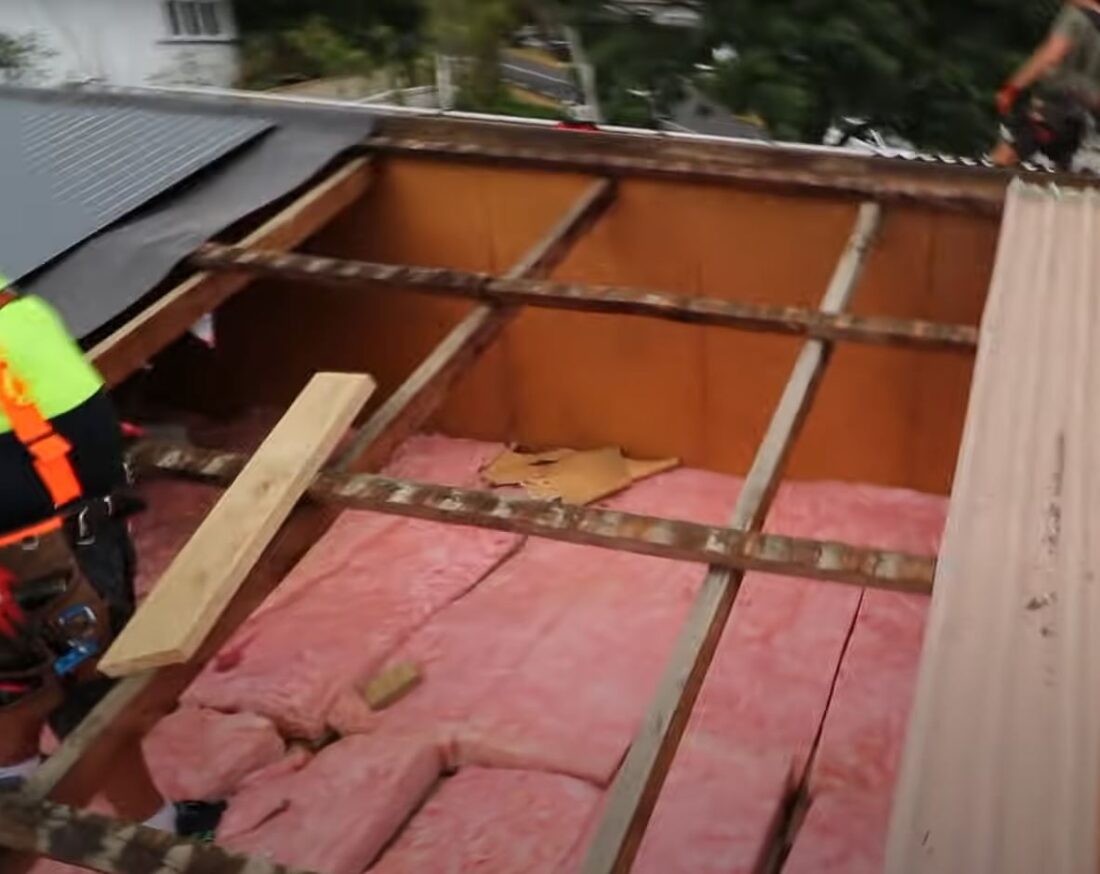When to Restore a Roof or opt for a Complete Re-roof in Auckland?
Determining whether your roof in Auckland suburbs like Avondale requires roof restoration or complete re-roofing involves several factors. Let’s delve into these aspects to help you make an informed decision.
Understanding Roof Longevity
Each roofing material has a distinct lifespan, which is pivotal in deciding whether to restore or replace. For instance:
- Thermoplastic Polyolefin (TPO) and Ethylene Propylene Diene Monomer (EPDM) roofs, commonly used in low-slope structures, can last between 22 to 35 years.
- Polyvinyl Chloride (PVC) roofs, known for energy efficiency, generally last 20 to 30 years.
- Metal roofs are known for their durability, with a lifespan of 30 to 45 years.
- Asphalt roofs, often used for sloped roofs, can last 20 to 40 years.
The material’s life expectancy, combined with factors like weather damage and installation quality, influences the decision between restoration and replacement.
Identifying Damage and Issues
Several signs indicate the need for roof maintenance:
Visual Inspection: Check for missing or damaged shingles, leaks, sagging in the roof deck, visible holes, dark spots, and signs of mold, rot, or moisture. These issues can range from requiring simple repairs to indicating a need for a complete re-roofing.
Internal Signs: Water stains on ceilings or walls could suggest leaks. Pay attention to your attic for any signs of daylight coming through, which is a clear indication of a compromised roof.
External Factors: Weather-related impacts like high winds or hail can cause significant damage. It’s essential to inspect your roof after such events.When to Opt for Restoration
Roof restoration is a viable option when:
- The roof is structurally sound, with only minor damages.
- The damage is limited to the roof surface, not affecting the underlayment or decking.
- The roof material is still within its expected lifespan.
Restorative coatings or re-skinning can extend the roof’s life by up to 20 years, providing a cost-effective solution compared to full replacement.
Choosing Re-Roofing
Consider re-roofing when:
- The roof is nearing or has exceeded its expected lifespan.
- There is extensive damage, such as severe leaks, widespread shingle damage, or structural concerns.
- You wish to upgrade to a more energy-efficient or durable material.
Selecting a Roofing Contractor
When choosing a roofing contractor, consider the following:
Assessing Qualifications and Experience
Firstly, check the contractor’s experience and qualifications. They should possess ample experience and hold the necessary licensing for your area. Additionally, ensuring they have comprehensive insurance is vital to cover any potential damages during the project. Confirm their credentials by asking for references and reviews, and consider visiting some of their past project sites to gauge the quality of their work.
Understanding the Contract
A detailed contract is crucial. It should outline all aspects of the job, including the materials to be used, start and end dates, details about the removal of the old roof, and inspection procedures. The contract should also cover how your property, especially gardens and landscaping, will be protected during the work, along with clear terms regarding cleanup responsibilities and how any potential property damages will be handled.
Discussing Permits and Legal Requirements
Throughout Auckland a building permit is required for reroofing projects. It’s usually the homeowner’s responsibility to ensure that the proper permits are obtained. Be cautious of contractors suggesting to skip permits as a cost-saving measure. This could lead to legal troubles and potentially void warranties or insurance coverages.
Safety Protocols
Roofing is a high-risk job, hence safety measures are non-negotiable. Your contractor should adhere to local safety regulations, including the use of fall arrest protection for work done at heights above 3 metres. Confirm that they have undergone appropriate safety training and possess the necessary safety equipment.
Project Management and Communication
Effective communication and project management are key. Preferably, opt for a roofing company if your project is extensive, like a full replacement or major repair, as they generally offer quicker turnaround times and come with warranties for added peace of mind. However, for smaller, quicker repairs, an independent contractor might be more suitable, though they may have longer project durations due to limited manpower.
Insurance, Licenses, and Warranties
Ensure that the contractor’s insurance coverage is comprehensive and up-to-date, covering all aspects of the project. Check their service record and ask about their policy regarding unplanned repairs or issues. It’s also crucial to compare warranties offered by different contractors, as this is a strong indicator of their confidence in their workmanship.
Getting Everything in Writing
A detailed, written quote is essential for financial planning and to avoid unexpected costs. This quote should include a breakdown of material costs, payment agreement, project timeline, and insurance coverage. A clear timeline helps manage expectations and keeps the project on track.
The Pre-Construction Meeting
Before finalizing your contractor, organize a pre-construction meeting. This session should cover the project scope, timeline, materials, working hours, and plans for interior protection and dealing with occupied spaces. It’s an opportunity to establish communication channels and ensure everyone is on the same page.
In conclusion, when looking for a roofing contractor in Auckland, it’s important to do thorough research, understand the scope of your project, and ensure that all legal and safety requirements are met. Engaging a reputable, experienced Auckland re-roofing contractor such as My Roofers Auckland will ensure that your roofing project is completed efficiently, safely, and to a high standard.

